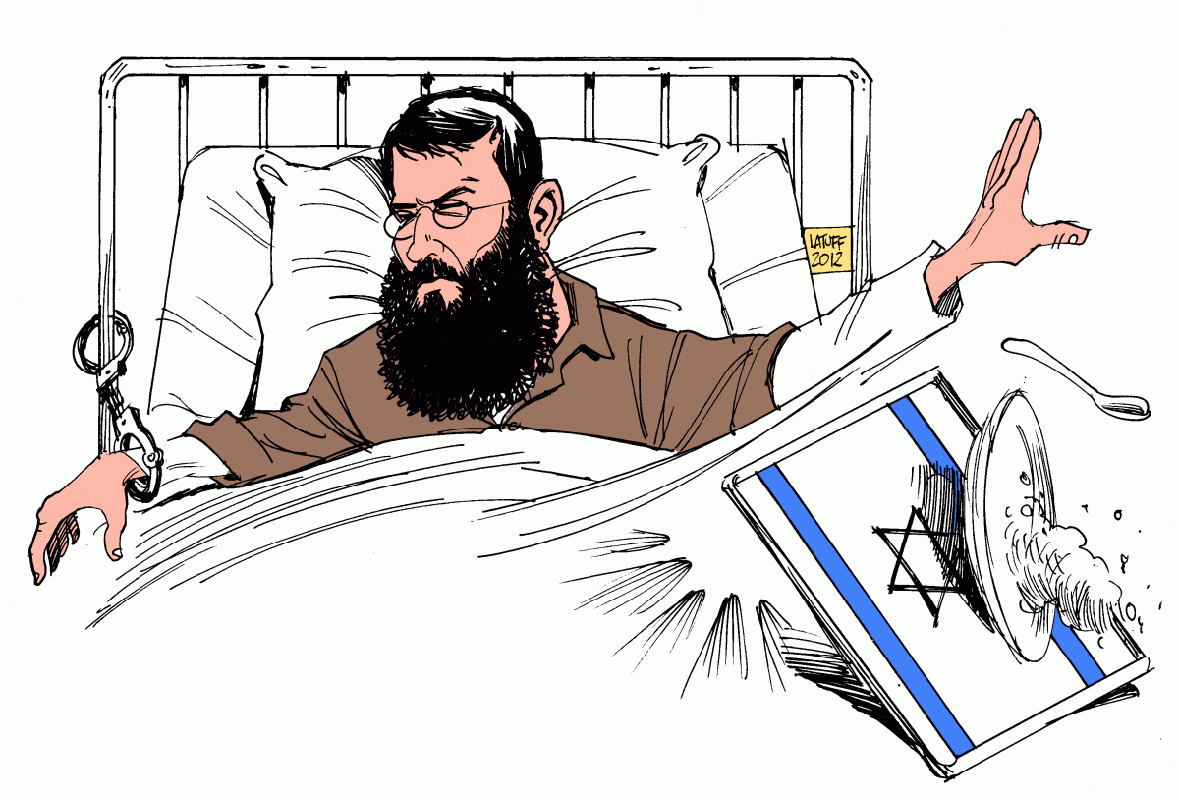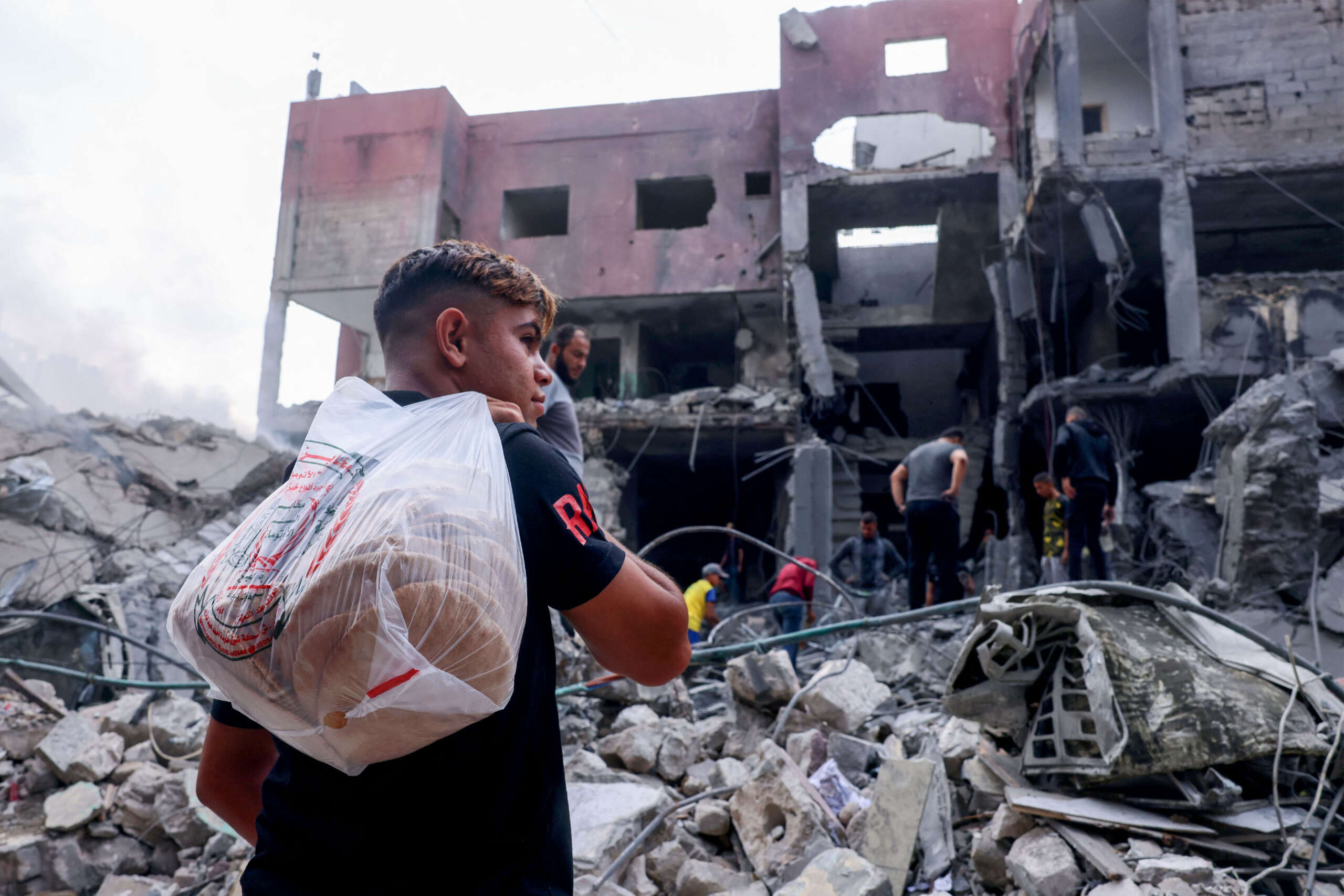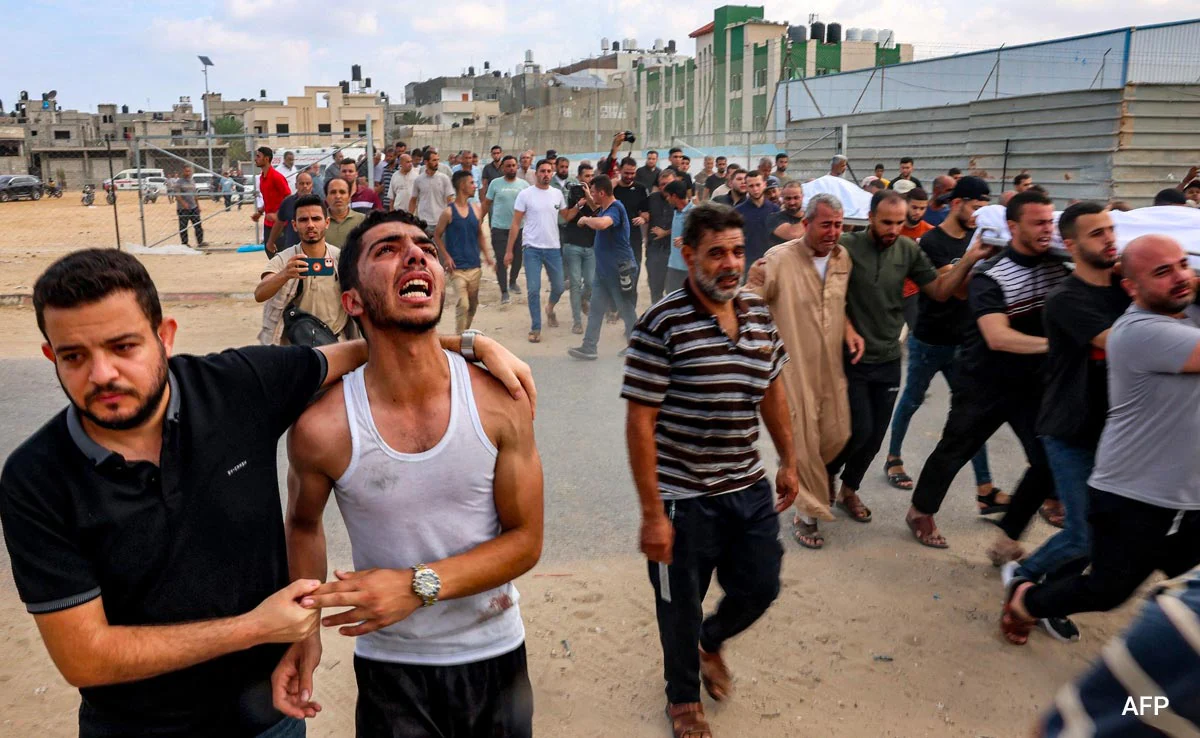Gaza and Starvation as a War Crime
The prolonged siege of Gaza has raised questions and concerns about the potential commission of war crimes, including the crime of starvation as a means of warfare. This article explores the historical context, legal framework, and the implications of using starvation as a tactic in the Gaza Strip. It also delves into the challenges of holding individuals or entities accountable for this alleged war crime and its broader impact on the civilian population.
Introduction
The Gaza Strip has experienced a protracted and deeply troubling conflict, characterized by a prolonged blockade and siege imposed by Israel and Egypt. The humanitarian situation in Gaza has raised concerns about the potential commission of war crimes, including starvation as a method of warfare. This article examines the concept of starvation as a war crime in the context of the Gaza Strip, exploring its historical background, the relevant legal framework, and the challenges of enforcement.
The Siege of Gaza: A Historical Perspective
The siege of Gaza is a complex issue with a historical context that dates back to the mid-20th century. Key points to consider include:
- Establishment of Israel: The establishment of the state of Israel in 1948 led to the displacement of Palestinian Arabs, including those in Gaza, resulting in a long-standing refugee issue.
- Occupation and Blockade: Israel occupied the Gaza Strip during the 1967 Six-Day War and later withdrew its military presence in 2005. However, it continued to exercise control over access, imposing a blockade in 2007. Egypt also restricts the movement of people and goods through its border with Gaza.
- Humanitarian Crisis: The blockade has led to dire humanitarian conditions, including shortages of basic necessities such as food, clean water, and medical supplies. The civilian population has borne the brunt of these conditions.
Starvation as a War Crime: The Legal Framework
Starvation as a method of warfare is prohibited under international law, specifically in the following contexts:
- The Geneva Conventions: The Fourth Geneva Convention and its Additional Protocol I provide protections for civilians in armed conflicts. They prohibit intentionally using starvation as a tactic and require parties to ensure that civilians’ basic needs are met.
- Customary International Law: The prohibition against starvation as a method of warfare is considered customary international law, binding on all states, regardless of treaty obligations.
- International Criminal Court (ICC): The Rome Statute, which established the ICC, defines using starvation of civilians as a war crime when committed intentionally and as part of a systematic attack against a civilian population.
- UN Security Council Resolutions: The United Nations Security Council has passed resolutions addressing the situation in Gaza, emphasizing the need for humanitarian access and the protection of civilians.
Allegations of Starvation as a War Crime in Gaza
Allegations of starvation as a war crime in Gaza have centered on several key issues:
- Blockade and Restrictions: The imposition of a blockade by Israel and Egypt, restricting the flow of goods, including food and medicine, into Gaza, has been a subject of international concern.
- Impact on Civilians: The impact of these restrictions on the civilian population, including high levels of food insecurity, malnutrition, and inadequate access to clean water and healthcare, has been widely documented.
- Disproportionate Harm: Critics argue that the restrictions disproportionately harm civilians, violating the principle of proportionality under international humanitarian law.
- Human Rights Reports: Various human rights organizations and United Nations agencies have produced reports and studies documenting the humanitarian crisis in Gaza and the alleged use of starvation as a tactic of war.
Challenges in Enforcing Starvation as a War Crime
Enforcing accountability for the alleged war crime of starvation in Gaza is fraught with challenges, including:
- Political Sensitivity: The Israel-Gaza conflict is deeply politicized, making impartial investigation and accountability difficult to achieve.
- Complex Legal Issues: Proving intent and the systematic nature of starvation as a war crime requires complex legal assessments.
- Jurisdictional Hurdles: Determining which courts have jurisdiction to prosecute the alleged crime presents difficulties due to disputes over sovereignty and legal status.
- Deterrence and Peace: The pursuit of justice for starvation as a war crime must be balanced with the need for peace and conflict resolution in the region.
The Impact on the Civilian Population
The civilian population of Gaza has borne the brunt of the blockade and the alleged use of starvation as a war crime. The consequences include:
- Malnutrition and Health Issues: High levels of malnutrition, especially among children, and inadequate access to healthcare facilities have resulted in serious health concerns.
- Food Insecurity: Food insecurity remains a pervasive issue, with a significant portion of the population reliant on international humanitarian aid.
- Economic and Social Disruption: The blockade has severely hampered economic development and disrupted daily life for the people of Gaza.
- Psychological Impact: The prolonged crisis has also taken a significant toll on the mental health and well-being of Gaza’s residents.
International Responses and Efforts
The international community has responded to the crisis in Gaza through various means, including:
- Humanitarian Aid: Numerous international organizations provide humanitarian aid to Gaza, including food, medical supplies, and assistance with water and sanitation.
- UN Fact-Finding Missions: The United Nations has undertaken fact-finding missions to assess the situation in Gaza and make recommendations for alleviating the crisis.
- Advocacy and Diplomacy: Various countries and international bodies have engaged in diplomatic efforts to address the blockade and promote peace in the region.
Conclusion
The allegations of using starvation as a war crime in the Gaza Strip are a source of deep concern, drawing attention to the complexities of international humanitarian law and the challenges of enforcing accountability in a deeply politicized and contentious conflict. The situation in Gaza highlights the urgent need for diplomatic efforts, humanitarian assistance, and a balanced approach to justice and peace. Addressing the alleged crime of starvation in Gaza is not only a matter of legal obligation but also a fundamental humanitarian imperative.



